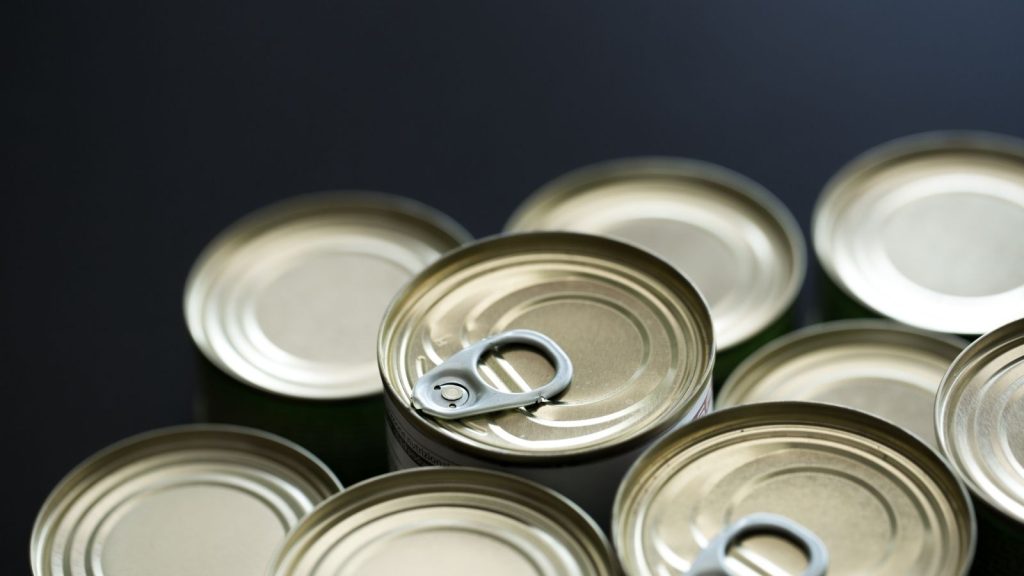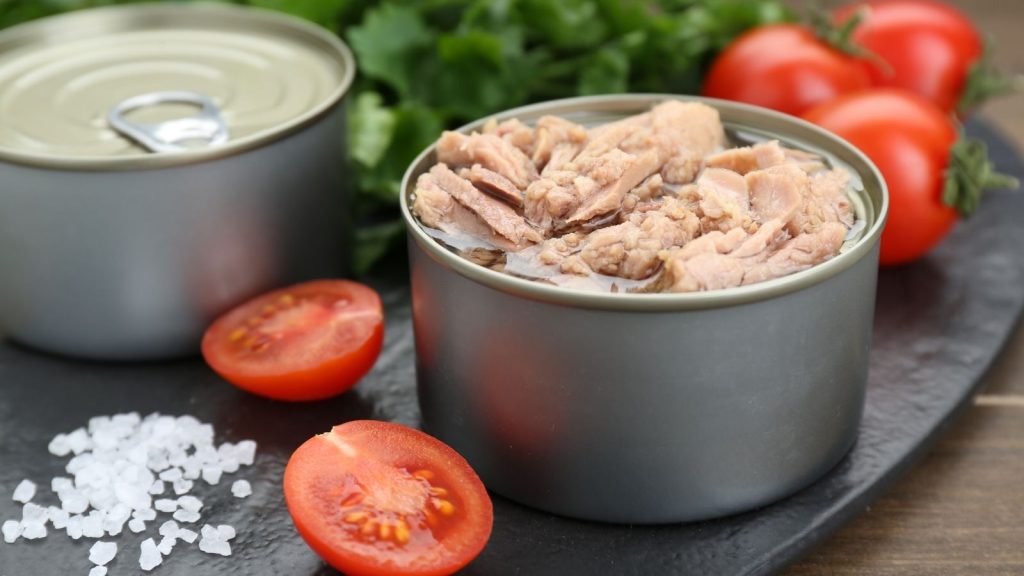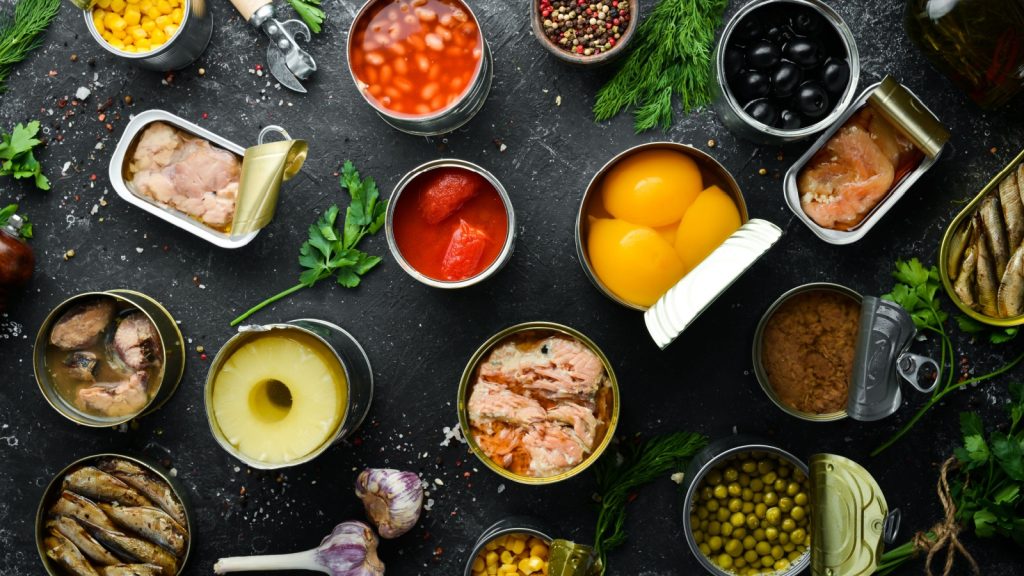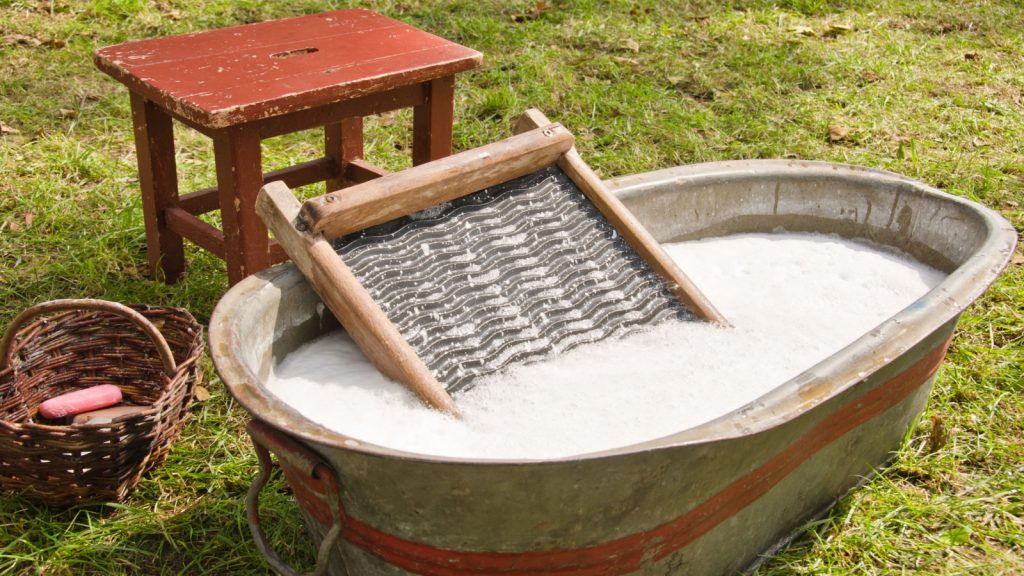Stocking a solid emergency pantry isn’t just a throwback to the past; it’s a practical step for anyone who wants to be prepared. Not so long ago, having a larder full of tinned and preserved food was the norm. These days, people might look at you funny for it, but in times of crisis, those tins are worth their weight in gold. I’ve found that being prepared is far more comforting than worrying about where your next meal might come from.
While I do love fresh produce, emergencies don’t wait for the perfect harvest. Even with a garden bursting with seasonal veg, my shelves always have plenty of tinned options—both shop-bought and homemade. These staples aren’t just backup meals; they’re a lifeline, packed with nutrients and ready for when life throws a curveball.
Tinned foods are an affordable, long-lasting way to keep your family fed when fresh food isn’t available. And if you’re mindful about what you stock, you’ll have nutritious options that can keep you going strong, no matter what’s happening outside your door.

My Top Choices
You know, there are so many things you can choose to store in your pantry ready for a food shortage or other crisis. And an awful lot of people just stockpile anything and everything. But I’m choosy. I only buy bulk supplies of things that I know my family will actually eat and not be miserable doing so. I go for things that we often eat anyway and that are nutritious, filling, tasty, and healthful.
Baked Beans
Baked beans are a lifesaver in emergencies. They’re quick, tasty, and packed with protein and fibre. On toast, with breakfast, or even as a side dish, they’re a versatile option that provides B vitamins, iron, and zinc. They also offer a comforting familiarity, which can be a morale booster during uncertain times.
Sardines
If you’ve not stocked sardines yet, it’s time to change that. These little fish are bursting with protein, Omega-3s, calcium, and vitamin D, making them a nutritional powerhouse. They’re also low in mercury compared to larger fish like tuna. Eat them on toast, mix them into pasta, or toss them into a salad for a quick, nutrient-rich meal.
Sweetcorn
Sweetcorn is a household favourite here. Its natural sweetness makes it a hit with kids and adults alike, and it’s endlessly versatile. Pop it into soups, stir-fries, or even as a side dish straight from the tin. Sweetcorn isn’t just delicious; it’s a nutritional boost, full of fibre, antioxidants, and a range of vitamins and minerals like manganese, B vitamins, and potassium. It’s also great for keeping you full, thanks to its natural carbs and fibre content.
Tomatoes
Whether it’s diced, whole, or pureed, tinned tomatoes are an emergency pantry staple. They’re the base for countless recipes, from stews to pasta sauces, and are packed with lycopene, an antioxidant known for its health benefits. You’ll also get potassium, vitamins C, and folate with every tin.
Ready-to-Eat Lentils
Lentils are a brilliant plant-based protein option. Tinned versions save you the hassle of soaking and cooking dried lentils, making them perfect for quick, hearty meals. High in iron, folate, and fibre, they’re ideal for soups, curries, or as a base for salads. They’re filling, nutritious, and a great way to stretch meals.
Green Beans
Tinned green beans are a classic for good reason. They’re easy to use, nutritious, and can add a bit of crunch to soups, stews, or casseroles. Green beans are loaded with fibre and vitamins like B6, A, and C, plus minerals such as potassium and zinc, helping you stay healthy even when fresh veg isn’t an option.
Tuna in Oil for Extra Energy

Tinned tuna is a staple in most households, but during an emergency, it becomes a vital source of protein and healthy fats. I always opt for tuna in oil because it provides more energy—crucial during tough times. Use it in sandwiches, pasta dishes, or salads for a quick and satisfying meal. Just remember to rotate your stock to keep mercury intake within safe levels.
Handy Chunk Chicken Breast
Tinned chicken breast is a real winner when it comes to emergency meals. It’s versatile, protein-packed, and ready to eat straight from the tin. Whether you’re whipping up a curry, casserole, or a quick sandwich filler, it’s a convenient, nutrient-rich option that’s always handy to have in your pantry.
Chickpeas
Chickpeas are a powerhouse food for emergencies. Packed with protein, fibre, and essential vitamins, they’re perfect for whipping up hummus, curries, or hearty salads. They’re also an excellent meat substitute, providing plenty of protein to keep you energised. With chickpeas in your stash, you’ll never run short of filling and healthy meal options.
Chilli with Beans
Chilli is a classic comfort food, and tinned versions make it a perfect emergency pantry addition. It’s hearty, filling, and packed with protein and fibre, thanks to the beans and meat. Whether eaten on its own or as a topping for rice or potatoes, chilli is a crowd-pleaser with plenty of nutritional value.
Beef Stew
Beef stew is a hearty and warming option that requires little effort to prepare. Full of protein from the beef and vitamins from the included veg, it’s a balanced meal straight from the tin. You can even bulk it up with extra potatoes or bread for an even heartier dish.
Canned Pineapple
Tinned pineapple offers a sweet treat with a nutritional kick. High in vitamin C and manganese, it’s great for snacking, adding to salads, or using in savoury dishes like curries. It’s a versatile option to brighten up your emergency meals and keep your energy levels up.
Pumpkin
Pumpkin is more than a pie filler—it’s a nutrition-packed addition to soups, bread, or even smoothies. Rich in vitamin A and fibre, it supports digestion and overall health. Its long shelf life and versatility make it a great addition to your tinned food supply.
Peas
Tinned peas are a quick and easy way to add some green to your meals. They’re high in protein, fibre, and essential nutrients like vitamin A, vitamin K, and iron. Whether tossed into a soup, added to stews, or served as a side, peas help round out your diet with little effort.
Roast Beef
Tinned roast beef is a fantastic source of ready-to-eat protein when you’re short on time. It’s ideal for sandwiches, stews, or casseroles and comes packed with essential nutrients like zinc, selenium, and B vitamins. Its long shelf life makes it a dependable choice for emergencies.
Soup
Tinned soups are a convenient, no-fuss meal option. They’re available in countless varieties, so you’re sure to find something to suit your tastes. Look for soups high in protein and fibre to get the most nutritional bang for your buck. They’re also brilliant to have on hand when you need something quick and warming.
Coconut Milk
Coconut milk is a great way to add creaminess and richness to your meals. Perfect for curries, soups, or even desserts, it’s a versatile dairy-free option that provides healthy fats, calcium, and potassium. It’s also excellent for adding a bit of variety to your emergency pantry.
Black Beans
Black beans are a brilliant addition to any pantry. They’re packed with plant-based protein, fibre, and essential minerals like iron and magnesium. Use them in soups, stews, or burritos for a filling, hearty meal. Their long shelf life and versatility make them a top choice for emergency prepping.
Why I Don’t Include Spam
Spam is a popular choice for many, but it’s not something I include in my pantry. While it’s versatile and has a long shelf life, it’s also packed with salt and unhealthy fats. I prefer to focus on other tinned proteins like chicken or beef, which are just as convenient but far more nutritious. Of course, everyone has their preferences—if Spam works for you, go for it. But it doesn’t make my list.
Tips for Storing and Using Tinned Foods
Tinned foods can last well beyond their printed expiry dates if stored properly. Keep your stash in a cool, dry place and always check for signs of bulging, leaking, or rust before use. To make sure nothing goes to waste, use the FIFO method—First In, First Out. This way, you’re always eating your oldest tins first and keeping your supplies fresh and well-organised.
Cassandra’s expertise in traditional food preservation techniques stems from her grandmother’s teaching and her own experiments with traditional methods and food science. She specializes in fermentation, canning, smoking, curing, and root cellaring.
“Modern convenience has disconnected us from ancient wisdom about storing food without refrigeration. These methods don’t just preserve nutrients—they enhance them.”



